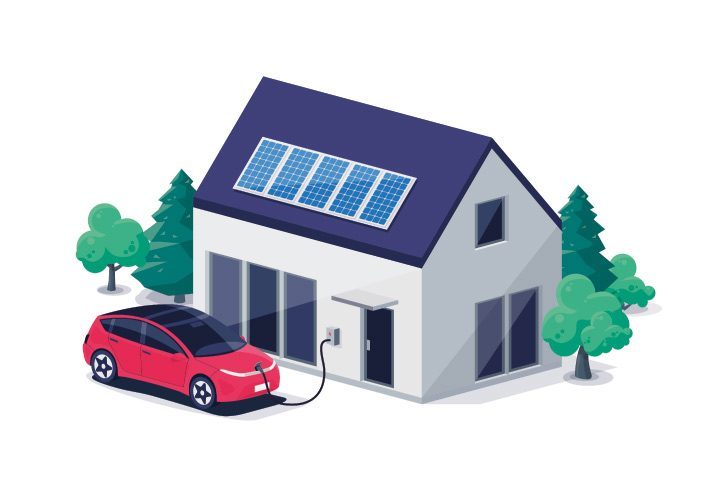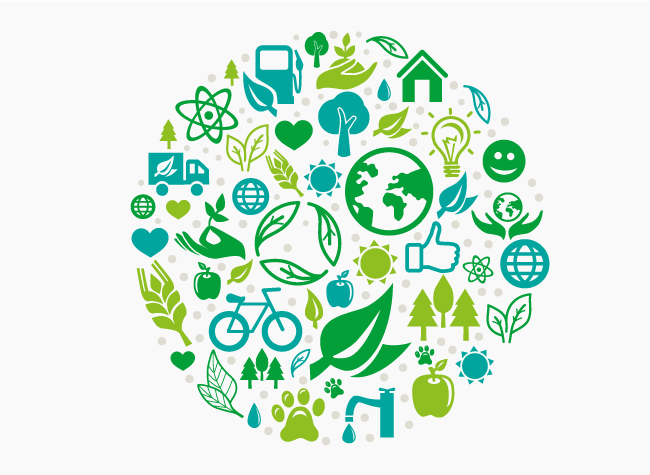What is the Micro-generation Support Scheme (MSS)?
The Micro-generation Support Scheme (MSS) enables homeowners to be paid for sending excess renewable electricity they generate back to the grid.
The government has introduced a scheme, called the Micro-Generation Support Scheme (MSS), that allows homes, farms and businesses around Ireland, that have solar PV systems installed, to sell any excess electricity that they generate back into the grid for a price set by the customer’s energy supplier.
Ireland has set some pretty ambitious targets set out in the Government’s Climate Action Plan to help the fight against climate breakdown. One of the aims set is that about 70% of our electricity needs to come from renewable solar energy by 2030.

How does the MSS work?
If you have solar PV panels installed, they can sometimes during the summer months generate electricity that is surplus to their requirements. Under the MSS, you can sell this excess green energy back to the grid for use by other homes and businesses. This is known as the Clean Export Guarantee (CEG). Any homes, businesses, farms etc. that have solar panels installed can apply for the scheme.
To apply you will first need to contact your energy supplier. They will have all the information regarding their terms and unit prices.

How much can I save?
The government has promised that successful applicants to the scheme will receive ‘a competitive market rate’ from their electricity supplier for the excess energy the export back to the grid. Also, the government has confirmed that the first €200 that you earn can be tax-free, as per the Budget.
The Sustainable Energy Authority of Ireland (SEAI) has a range of grant options for people looking to add a Solar PV system and make their homes more energy efficient. The maximum grant is now €2,400. It was €3,000 up to February 16th 2022. The removal of the €600 for battery storage coincides with the launch of the Micro-generation Support Scheme. However, you will no longer need to reach a BER of C3 after installing solar PV to avail of the grant. And the grants are now available to homes built before 2021 (previously 2011). Retrofitting Solar PV will not only improve your home’s energy efficiency but also reduce your carbon footprint and your energy bills. Solar PV will also compliment the transition to an electric vehicle or a renewable source of heating, like a heat pump. The introduction of 0% VAT rate for Solar installations means an additional 13.5% saving for customers. There has never been a better time to install Solar PV.

